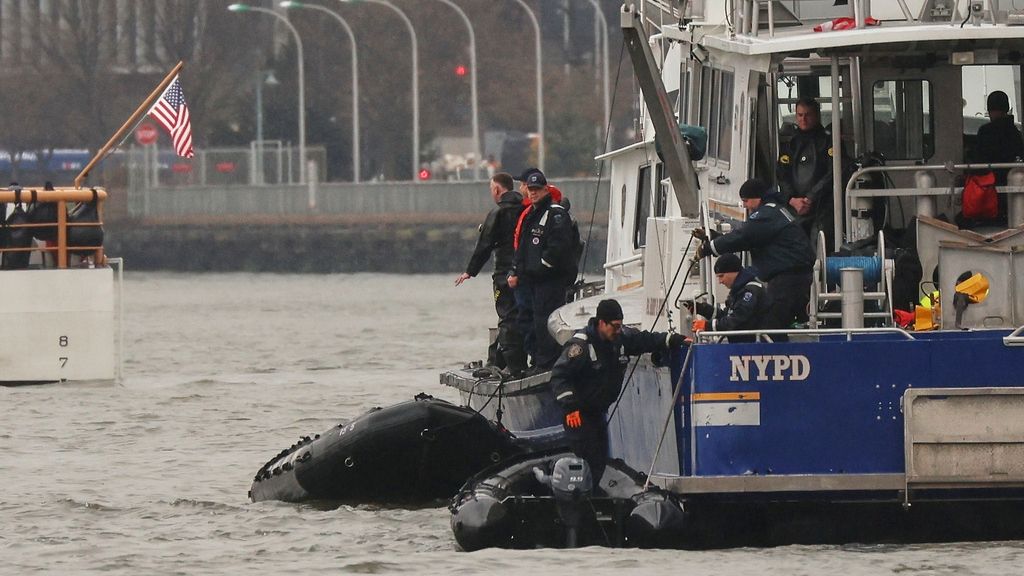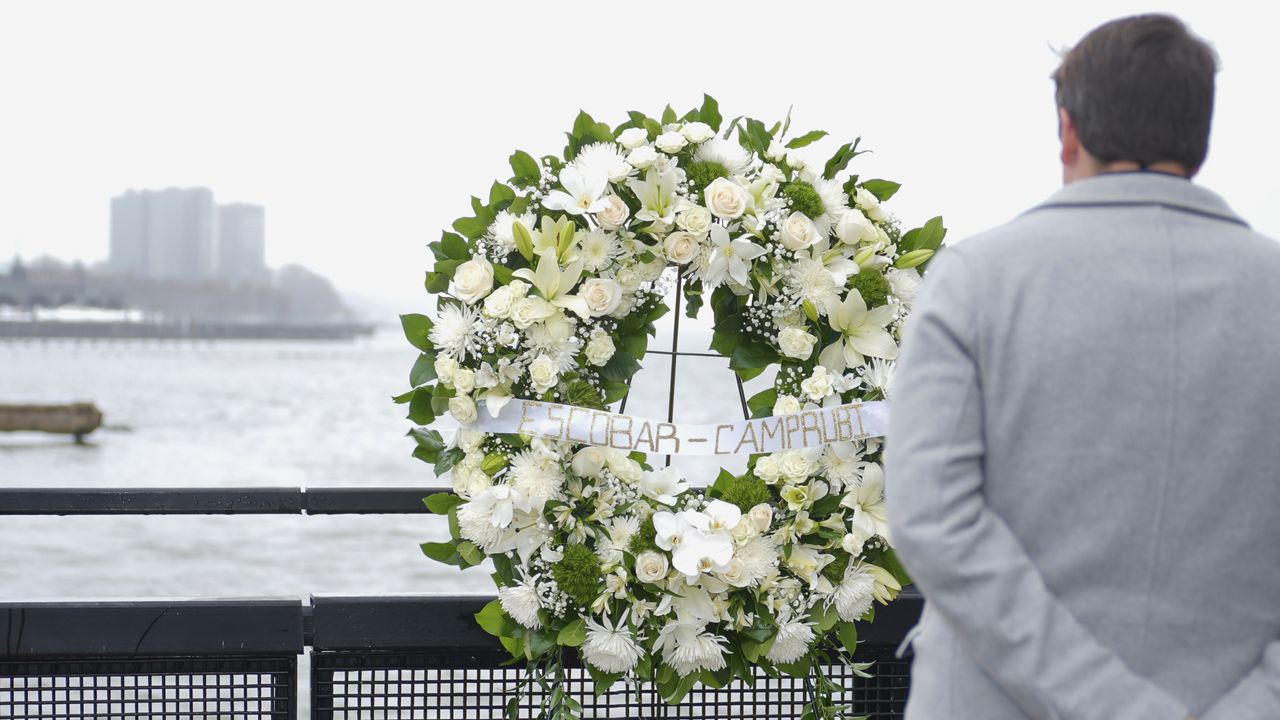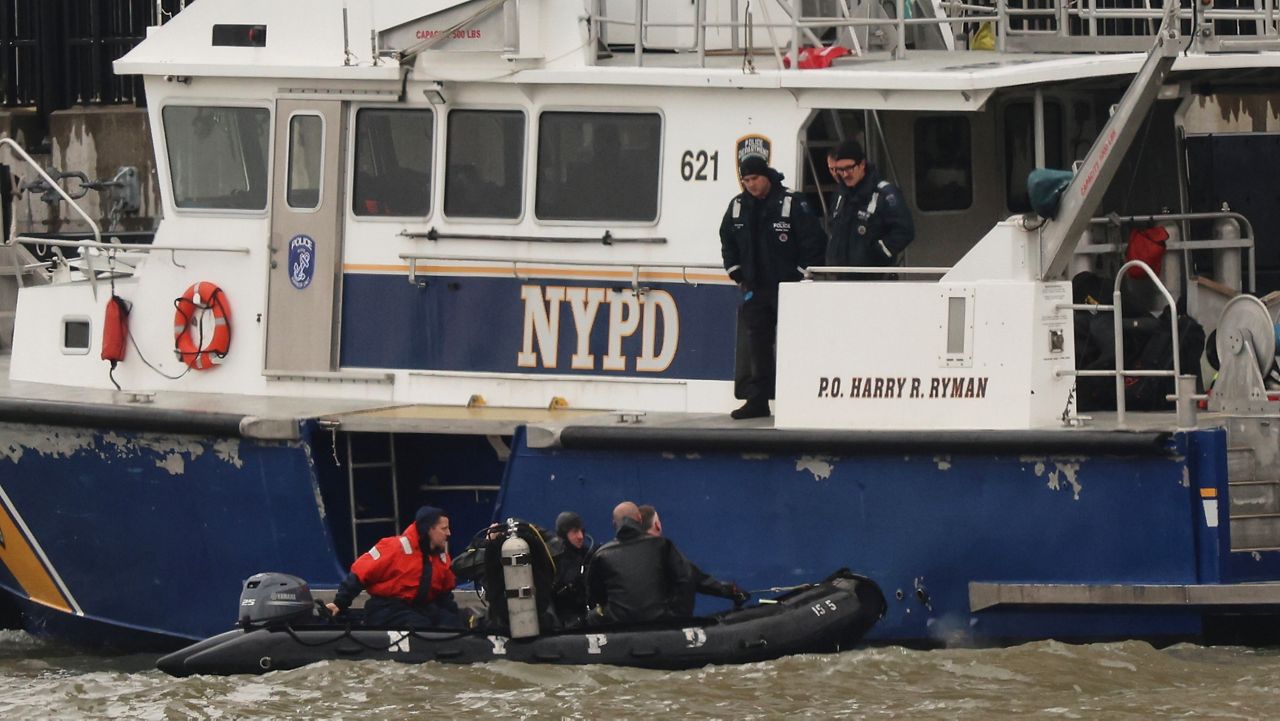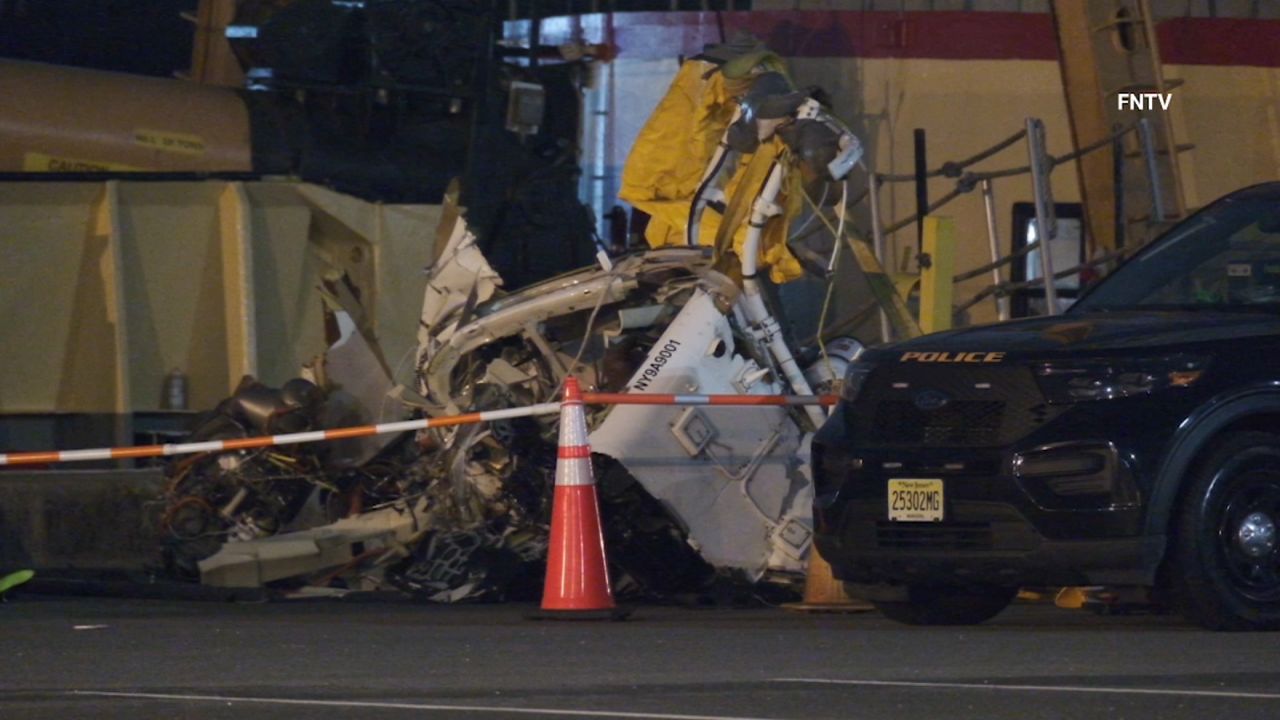Dozens of tents remain on Columbia University's campus in Manhattan as pro-Palestinian protests continue.
"Listen to our demands. We are advocating for life. We are advocating for an end to massacre," said Basil Rodriguez, a Columbia student.
Last week, more than 100 students were arrested and suspended after the school called in the NYPD to help clear the encampment.
Despite that, students set up tents again over the weekend.
Columbia University President Minouche Shafik says the encampment disrupts campus life and creates a hostile environment for some.
She has given organizers a deadline of early Thursday morning to come to an agreement with faculty to dismantle the encampment and disperse from the school's lawn.
Some Jewish students say they feel unsafe on campus because of rhetoric used by some of the demonstrators.
"I've been staying off campus for my safety for most of the time," said student Eden Shaveet.
"We hear chants of 'Brick by brick, wall by wall, Israel will fall,'" Shaveet added.
The school and pro-Palestinian protesters agreed to break down a "significant" number of the tents, a college spokesperson said early Wednesday morning in a statement.
The spokesperson also said that all protesters who are not affiliated with the university will leave on-campus demonstrations, that students will comply with fire department safety measures, and that students will prohibit discriminatory or harassing language being used during protests.
The demonstrations have gotten the attention of Congress. House Speaker Mike Johnson and other House Republicans visited Columbia's campus on Wednesday.
"I'm here to proclaim to all those who gnashed their teeth and demanded to wipe the state of Israel off the map and attack our innocent Jewish students. The simple truth, neither Israel nor these Jewish students on this campus will ever stand alone," Johnson said Wednesday. "Today, Hamas issued an endorsement statement of the protesters on this campus. They call them the future leaders of America. It is detestable."
Protesters have called on the school to divest from companies they say are profiting from the war. Until these demands are met, students say they plan on staying.
"We are also here to demand that Columbia University divest, disclose and provide amnesty for all students and faculty who have faced disciplinary action or been fired from the university for participating in pro-Palestinian protests," said student Khymani James.
The school says it is concerned about protests outside the campus as well. Shafik says if an agreement is not made to dismantle the tents, she will have to find alternative ways to clear the campus.
There also have been protests at other college campuses across the city, including New York University.
An anti-war protest also occurred Tuesday night in Brooklyn near Grand Army Plaza, which resulted in multiple arrests, according to the NYPD.
There have also been a growing wave of pro-Palestinian protests on college campuses across the country, including at University of Southern California, University of Texas at Austin and Harvard University.









